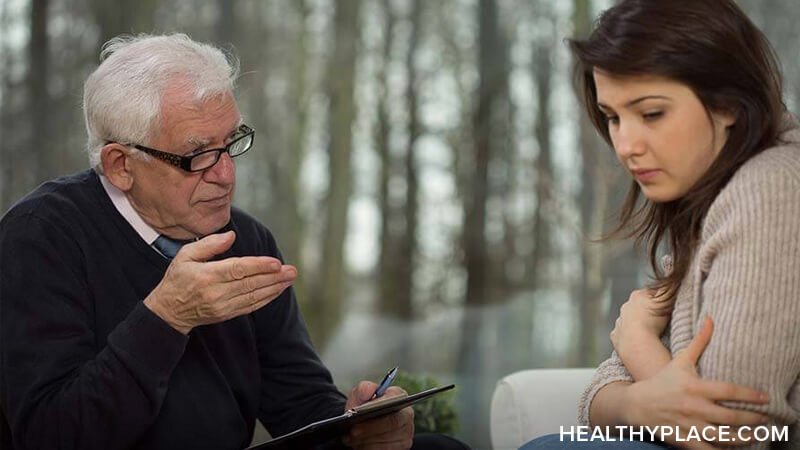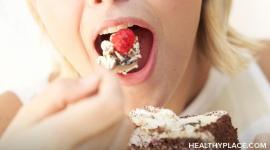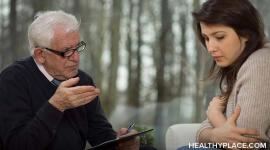Food Addiction Help: Help with Food Addiction Recovery

Many need food addiction help when it comes to food addiction recovery. Information for food addicts in recovery.
Basis of Food Addiction Recovery
Refined, processed foods trigger the addictive response in people who are genetically predisposed to the disease of addiction to food. If you don't think carbohydrates are mood-altering, think back to a big, heavy Thanksgiving dinner. You may have felt sleepy or lethargic afterward. Possibly you experienced a depressed mood or irritability.
Therefore, food addiction recovery is built upon making appropriate food choices on a daily basis. "Since food addicts in recovery have to eat every day, there is an ongoing need to check the content of the food eaten with the goal to use only food that is free of substances that will trigger the disease," says food addiction treatment specialist, Kay Sheppard, M.A. The result of good food choices is a body free of all substances that will trigger an addictive response.
Food Addiction Help: Abstinence is Key
Abstinence, according to Sheppard, is planning what to eat and eating what is planned. This is the foundation of food addiction recovery upon which a successful life is built.
Abstinence is achieved by the elimination of compulsive eating, volume eating, under eating, addictive eating, and all of the substances that will trigger an addictive response. These include highly refined carbohydrate foods, high-fat foods, and personal trigger foods.
Sheppard advises people who want food addiction help to take a look at the addictive substances in a general way.
- All addictive substances have gone through the refinement process.
- All addictive substances are quickly absorbed.
- All addictive substances alter brain chemistry.
- All addictive substances change mood.
Where Food Addicts in Recovery Can Get Food Addiction Help
Several options are available in the treatment of food addiction. These include consulting a nutritionist, doctor, psychologist, counselor, or eating disorder specialist. In addition, 12-step groups, such Overeaters Anonymous (OA) and Food Addicts in Recovery Anonymous, have meetings in many regions or online. Some tips for avoiding bouts of compulsive eating include:
- Knowing which situations trigger your cravings and avoiding them if possible
- Drinking at least 64 ounces of water per day
- Exercising
- Relaxing with deep breathing exercises or meditation
- Trying to distract yourself until the compulsion to eat passes
If you believe that your food or eating addiction is causing problems in your life, seek medical assistance immediately.
Sources:
- Cleveland Clinic
- Kay Sheppard, M.A., food addiction specialist and author of Food Addiction: The Body Knows and From the First Bite: A Complete Guide to Recovery from Food Addiction.
APA Reference
Gluck, S.
(2021, December 15). Food Addiction Help: Help with Food Addiction Recovery, HealthyPlace. Retrieved
on 2025, December 19 from https://www.healthyplace.com/addictions/food-addiction/food-addiction-help-help-with-food-addiction-recovery



